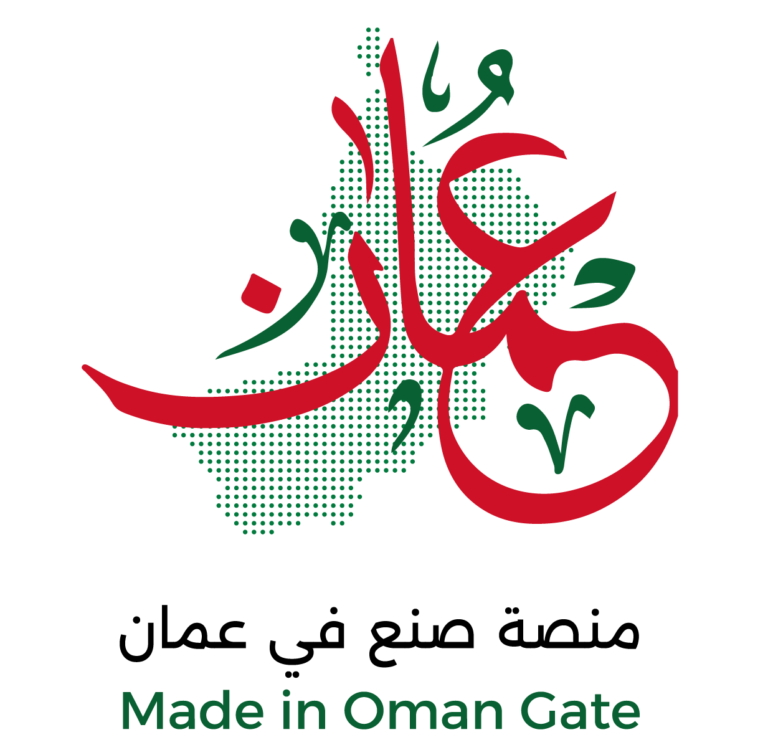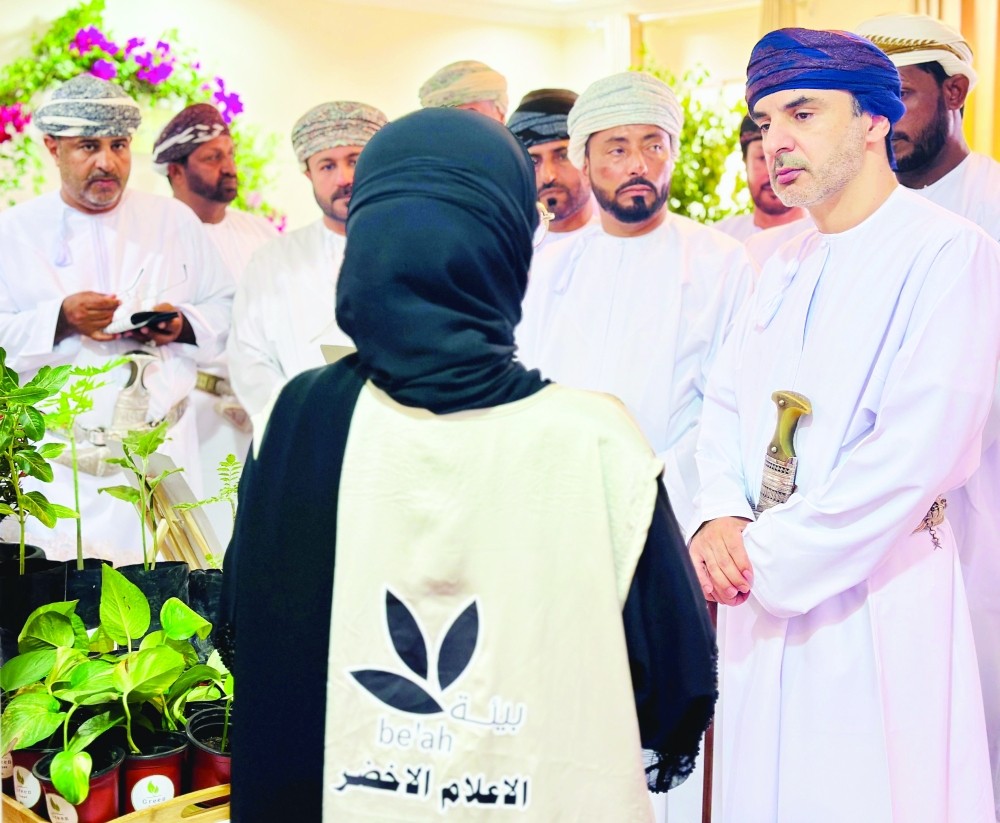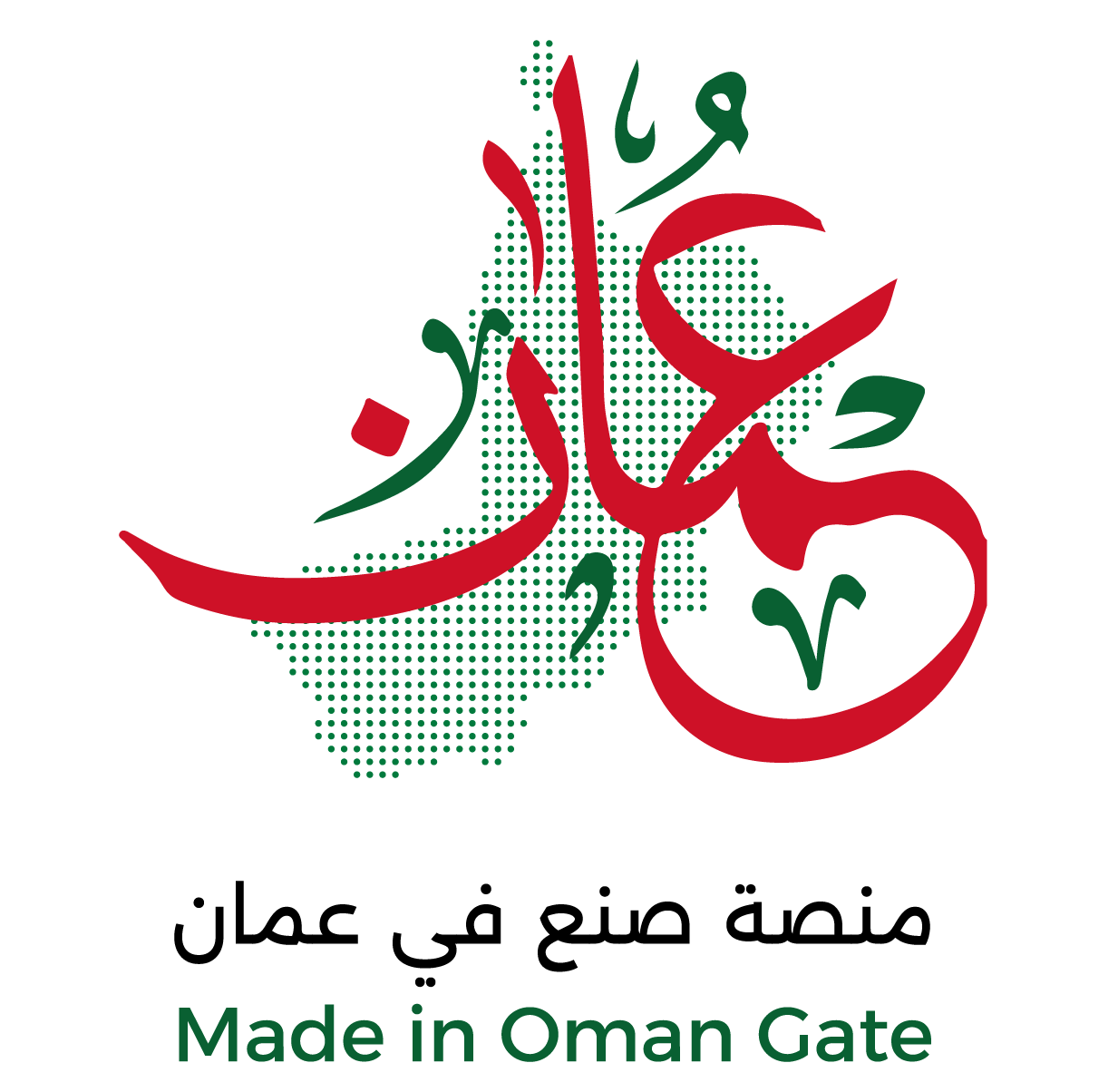The Wilayat of Taqah, in collaboration with the Directorate General of Agricultural, Fisheries, and Water Resources in Dhofar Governorate, hosted a significant forum focusing on initiatives to support sustainable agriculture, enhance food security, and introduce modern farming technologies.
The forum, held under the auspices of Shaikh Tariq bin Khalid bin al Waleed al Hinai, Wali of Taqah, also featured an exhibition of variety of agricultural products, machinery, and supplies.
As part of the initiative, free seedlings and fertilizers were provided to local farmers.
Participants had the opportunity to engage in discussion sessions led by experts, addressing crucial topics such as sustainable agriculture practices, modern farming techniques, and investment opportunities within the agricultural sector.
Dr Ahmed al Hadhari, head of the Agricultural Society in Dhofar, said that local farming associations can play a crucial role in supporting farmers and bolstering the nation’s agricultural sector. However, he cautioned that the associations face a multitude of challenges that hinder their ability to achieve their full potential.
One of the primary hurdles is the dual supervision by the Ministry of Social Development and the Ministry of Agricultural, Fisheries, and Water Resources. This overlap hinders smooth decision-making, he said. Additionally, the lack of administrative offices in governorates and a central headquarters creates communication gaps between farmers and associations, making it difficult to deliver essential services effectively, Dr Al Hadhari noted.
The high rental value for agricultural land and the rising cost of energy (fuel and electricity) squeeze farmers’ profit margins. This is further compounded by the high cost of agricultural inputs like fertilizers and pesticides, often purchased from abroad due to the absence of local production facilities.
Furthermore, inefficient marketing systems make it challenging for Omani agricultural products to reach consumers at fair prices. The influx of imported goods further saturates the market, driving down prices and discouraging local production. This lack of market coordination threatens Oman’s food security, participants said.
Despite these challenges, opportunities exist to revitalize Oman’s agricultural landscape.
Streamlining oversight by placing agricultural associations under a single ministry would enhance coordination and expedite decision-making. Establishing administrative offices throughout the country and a central headquarters would improve communication and streamline service delivery, it was stressed.
Supporting farmers through measures like reducing land lease costs and subsidizing energy prices would alleviate their financial burdens and encourage increased production. Additionally, ensuring fair pricing for agricultural inputs would boost profit margins and incentivize production.
Investing in post-harvest infrastructure would significantly reduce product spoilage and enhance overall quality. Enhancing marketing systems would connect farmers directly with consumers, ensuring fair prices. Strengthening coordination between stakeholders within the agricultural sector, including farmers, importers, and marketers, would regulate the market and prevent oversaturation with imported goods.
Developing local industries for producing agricultural inputs and processing agricultural products would not only create jobs but also create a more self-sufficient and competitive agricultural sector. By fostering these advancements, Oman’s agricultural associations can empower farmers, ensure food security, and contribute significantly to the nation’s economic growth.
Oman Observer



